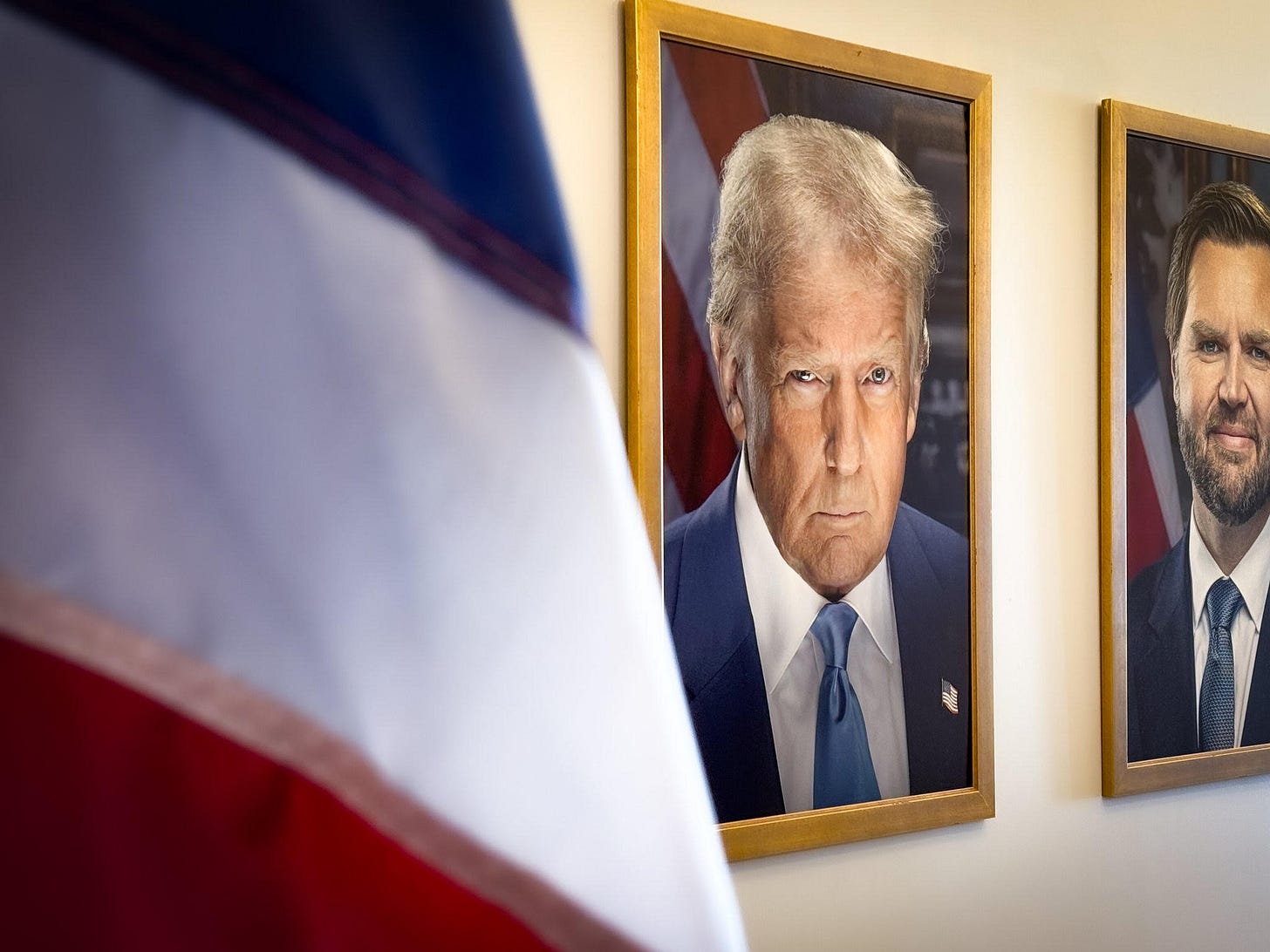Why did Trump made U Turn ?
US President Donald Trump has paused " Reciprocal Tariff" for 90 days. What happens next with China
On Wednesday morning, President Donald Trump posted on social media encouraging investors to “buy the dip,” signaling confidence in the stock market despite recent declines following his tariff announcements. However, by 2 PM, he reversed course, announcing a 90-day pause on additional tariffs for countries other than China. This shift was influenced by significant volatility in the bond market, which raised concerns about increased borrowing costs for the U.S. government.
Understanding Bonds and Their Impact
Governments often spend more than they earn, covering the deficit by issuing bonds—essentially loans from investors that are repaid with interest over time. U.S. Treasury bonds are considered among the safest investments globally, attracting foreign governments like China, Japan, and India. Typically, when stock markets decline, investors flock to bonds, driving up their prices and lowering yields. However, recent events saw simultaneous sell-offs in both markets, an unusual occurrence that signaled investor anxiety over potential inflation and higher interest rates due to the tariffs.
The Financial Stakes
Outstanding U.S. Government Debt: As of early 2024, the total value of U.S. government debt securities stood at over $30 trillion.
Annual Interest Payments: In 2023, the U.S. government spent approximately $875 billion on interest payments for public debt.
The recent sell-off in the bond market led to a spike in yields, meaning the government would have to offer higher interest rates to attract investors, thereby increasing the cost of borrowing. This development likely contributed to President Trump’s decision to delay further tariff implementations.
Looking Ahead
President Trump’s history suggests that the 90-day tariff pause may be extended, especially as he indicated that 75 countries are now in discussions with the U.S. on trade matters. India, already engaged in negotiations, appears less likely to face significant impacts from the tariffs. However, the ongoing trade tensions between the U.S. and China remain a concern. Both nations have imposed substantial tariffs on each other, but mutual economic dependencies suggest that prolonged conflict would be detrimental to both. Signs of willingness to negotiate are emerging from both sides, offering hope for a resolution.




